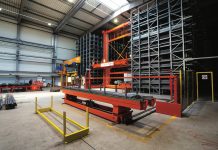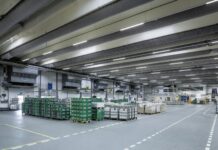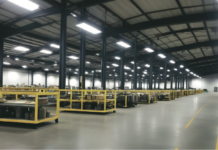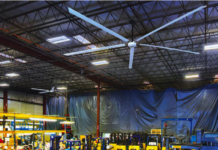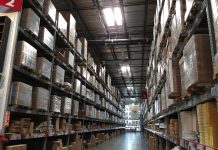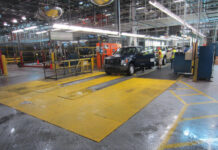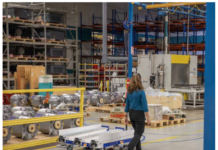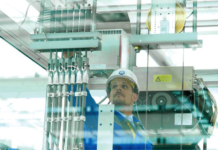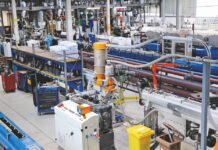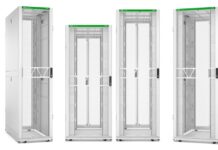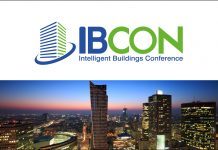Corporate Sustainability Reporting Directive (CSDR) regulations will negatively affect businesses who are not prioritising sustainability. AI-for-energy experts reveal that the majority of energy inefficient commercial buildings are overvalued.
Starting from 2025, the EU businesses will face a new era of sustainable development reporting. EY recently claimed that this will be a “game changer” that will help companies secure investments if they prioritise Environmental, Social and Governance (ESG) performance. However, businesses that neglect sustainability will face significant challenges.
Energy efficiency experts from Exergio, a company that provides AI-based energy performance management solutions, reveal that the new CSDR’s results will be reflected in the market value of business assets like buildings. Studies showcase that premiums of efficient buildings already exceed discounts of inefficient ones by 2–20 times.
“Existing studies do not show the importance of regulations yet, which means that the effect will be even higher. Most commercial buildings today are overvalued because they are not sustainable,” said Donatas Karčiauskas, CEO of Exergio. „Their value may drop significantly in 5 years, and these drops can be drastic depending on current energy efficiency status.”
Buildings are responsible for 36% of the energy-related greenhouse gas emissions. Retrofitting of the old build stock is currently the main solution to increase sustainability and catch up to net-zero goals by 2050. However, the current retrofitting pace is less than 1% per year and has to triple to meet the aims.
“The rates we are talking about haven’t been increasing. In Central and Eastern Europe, they are declining, and other major economies are also lagging,” added Karčiauskas. „Deep renovation isn’t the only solution. We have tested AI-based energy performance tools and seen energy waste reduction of up to 20%.”
With platforms like Exergio, businesses can streamline energy consumption and minimise waste through the integration of AI technology and human expertise.
This not only aids in regulatory compliance but also fosters a more sustainable future for cities globally, with potential energy waste reductions of up to 20%. This provides an alternative to meet sustainability goals and avoid market value losses.
„New regulations will initially affect large businesses but are already planned to extend to SMEs. While large-scale renovations are costly and slow to yield returns, AI-based solutions are affordable and effective within two years, up to 10 times faster than deep retrofits. They offer significant environmental and economic benefits, potentially securing and even increasing property’s market value,” concluded Karčiauskas.


